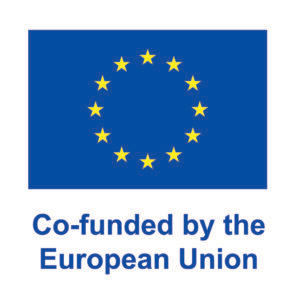Can Green Logistics Performance of Countries be Measured?
15/02/2025, Gaziantep University, Turkey
Logistics activities play a crucial role in the global economy but also contribute significantly to environmental degradation. In the European Union (EU), rapid industrialization and increasing transportation demands have led to higher CO₂ emissions, resource depletion, and pollution. Addressing these challenges requires a balance between efficient logistics operations and environmental sustainability.
Starostka-Patyk et al. (2024) introduces the Green Logistics Performance Index (GLPI), a composite measure that integrates the Logistics Performance Index (LPI) and the Environmental Performance Index (EPI). The primary objective of GLPI is to assess how well EU countries manage logistics efficiency while minimizing environmental impact. By combining logistics performance metrics with environmental sustainability indicators, GLPI serves as a benchmarking tool to identify best practices and areas for improvement across the EU. By analyzing GLPI rankings for 2010 and 2018, the study tracks progress and identifies trends in green logistics. The findings contribute to the ongoing discourse on sustainable transportation and supply chain management, offering a practical framework for policymakers and industry stakeholders.
To analyze the effectiveness of green logistics policies, the study calculates GLPI for 28 EU countries using 2010 and 2018 datasets. These years were chosen as they represent two key points in time where both LPI and EPI data were available, allowing for a comparative analysis of logistics performance and environmental sustainability trends over time. By comparing these two periods, the study identifies improvements, stagnation, and regressions in green logistics efforts across EU countries.
According to Table 1, EPI significantly influenced GLPI rankings; France, the UK, Germany, Sweden, and Austria scored highest in GLPI, with France ranked 1st in 2018 with GLPI= 58.73, driven by high EPI scores. While analysis of 2010 data in Table 2 revealed Sweden, Luxembourg, Finland, Latvia, and Ireland as top performers in GLPI, showing how rankings shifted over eight years.
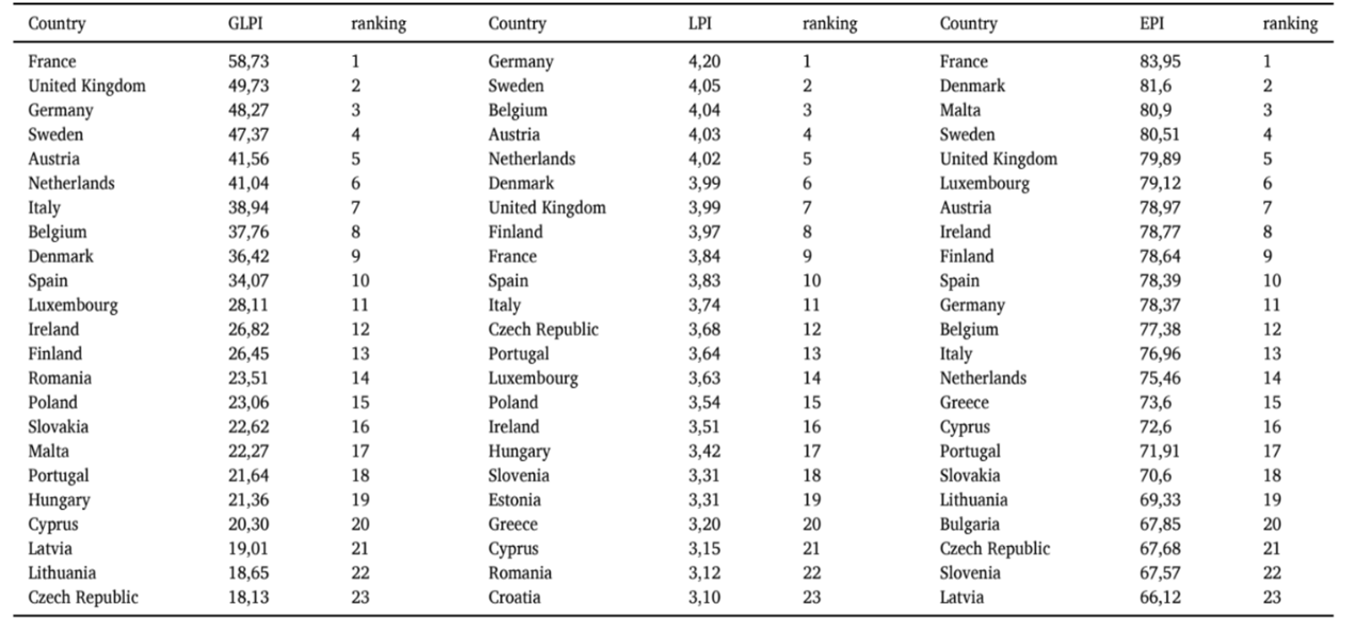
Table 1. Ranking of 2018 for GLPI, LPI, and EPI.
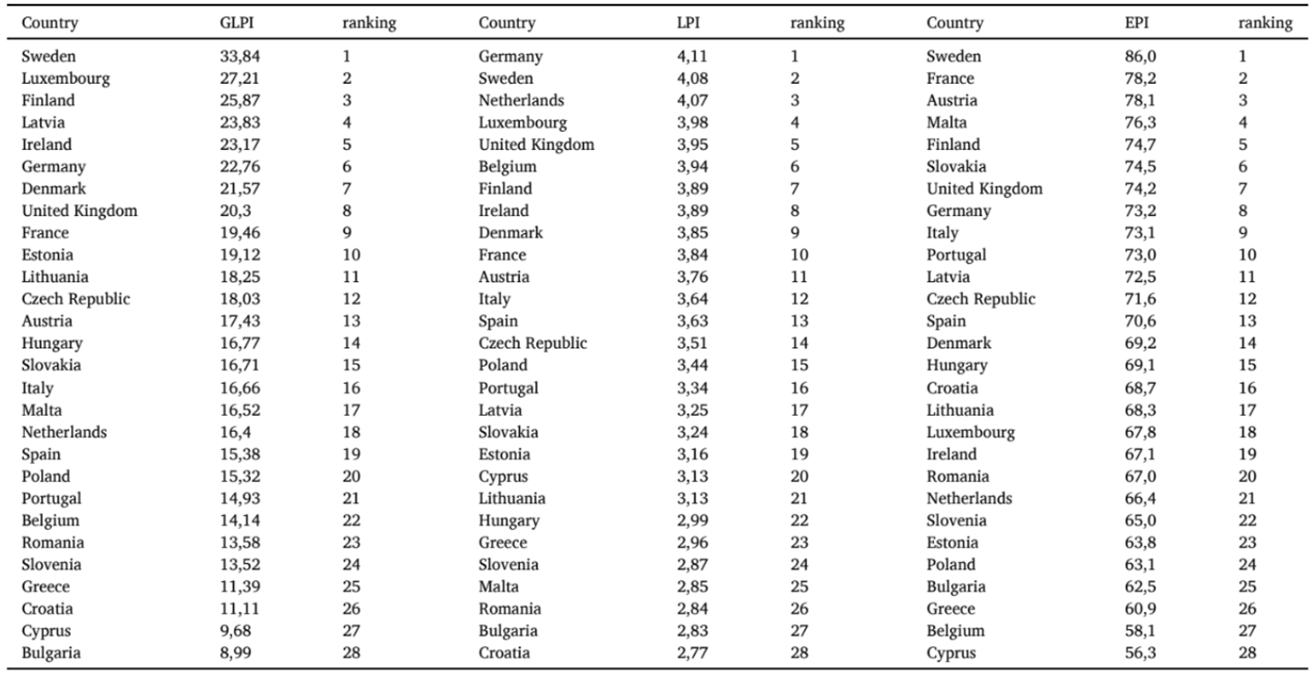
Table 2. Ranking of 2010 for GLPI, LPI, and EPI.
Table 3 illustrates a comparison between countries in the years 2010 and 2018. As shown in the table, the most considerable improvements happened with France, Austria, United Kingdom, and Germany. That is why they led the GLPI scores in 2018. It shows excellent leadership and management from these countries. France tripled their score in 8 years, coming from 19.46 in 2010 and claiming first place in 2018 with a score of 58.73. Poland demonstrated improvement in GLPI from 2010 to 2018 but faced challenges in EPI (ranked 24th in 2018), indicating deviations in environmental focus during logistics development. The biggest drop came from Estonia and Latvia, with 16 and 17 positions down.
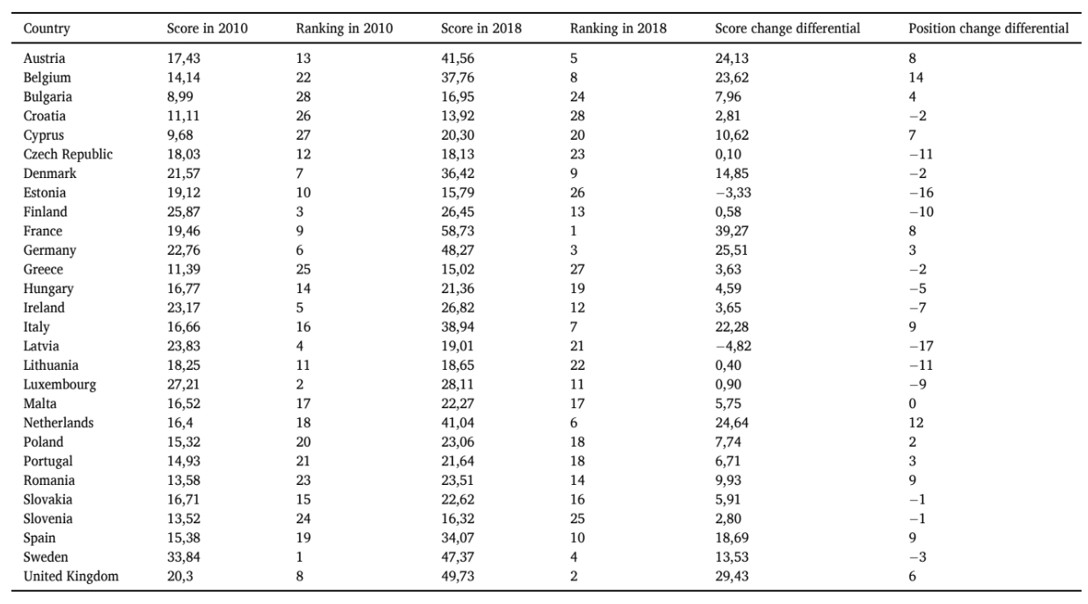
Table 3. Comparison between scores and ranking in the years 2010 and 2018.
A graphical point of view is provided when putting this data on the map of Europe (Figure 1). Countries with a score higher than 40 has been marked green, with a score higher than 30 with light green, a score between 30 and 20 – yellow and countries with worst performance, with scores below 20 have been marked red. As it can be seen, mapping GLPI scores across Europe showed developed Western countries with higher scores, contrasting with less developed Southeastern countries like Croatia, Bulgaria, and Greece. Developing countries like Poland, Slovenia, Romania, Hungary, Portugal, and Ireland exhibited intermediate GLPI scores, reflecting ongoing growth and environmental concerns.
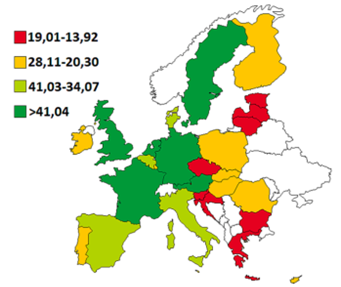
Figure 1. Map of Europe with GLPI from 2018 marked.
The findings emphasize the importance of adopting greener logistics practices to achieve sustainable development. Countries leading in GLPI, such as France and Germany, set benchmarks for others to follow. Moving forward, continuous monitoring and policy adaptation will be essential to enhance sustainability in the logistics sector.
The study serves as a reference for future research and policymaking, enabling better strategies for balancing logistics efficiency with environmental responsibility.
References:
Starostka-Patyk, M., Bajdor, P., Białas, J., 2024, Green logistics performance Index as a benchmarking tool for EU countries environmental sustainability, Ecological Indicators, 10.1016/j.ecolind.2023.111396.


